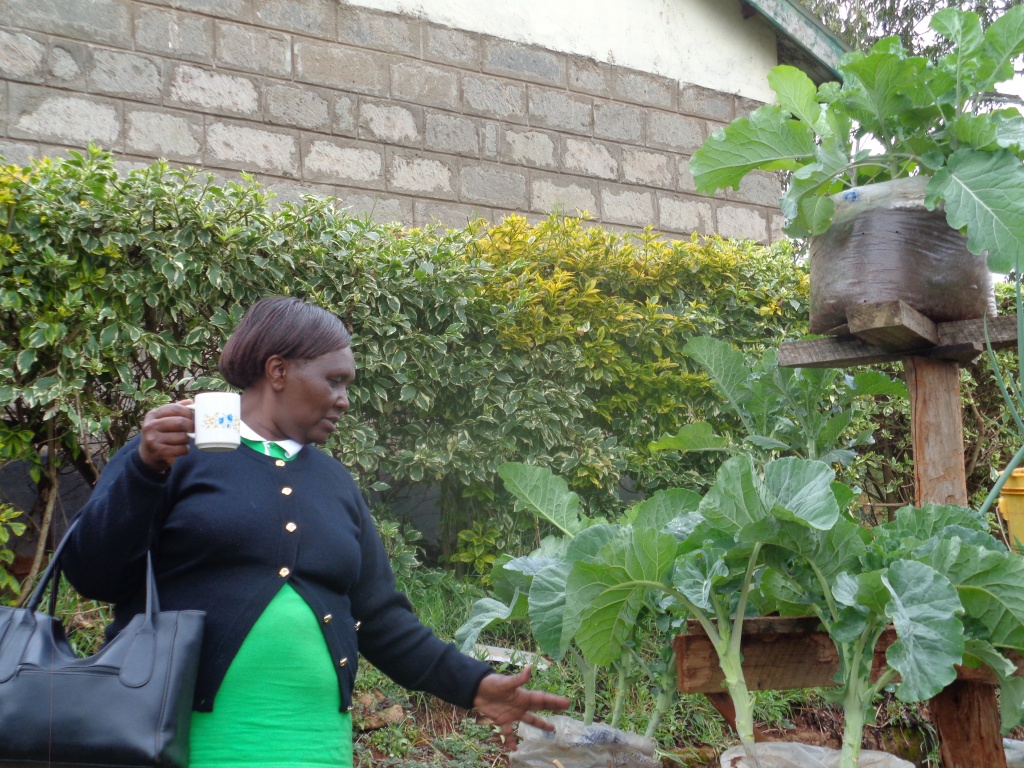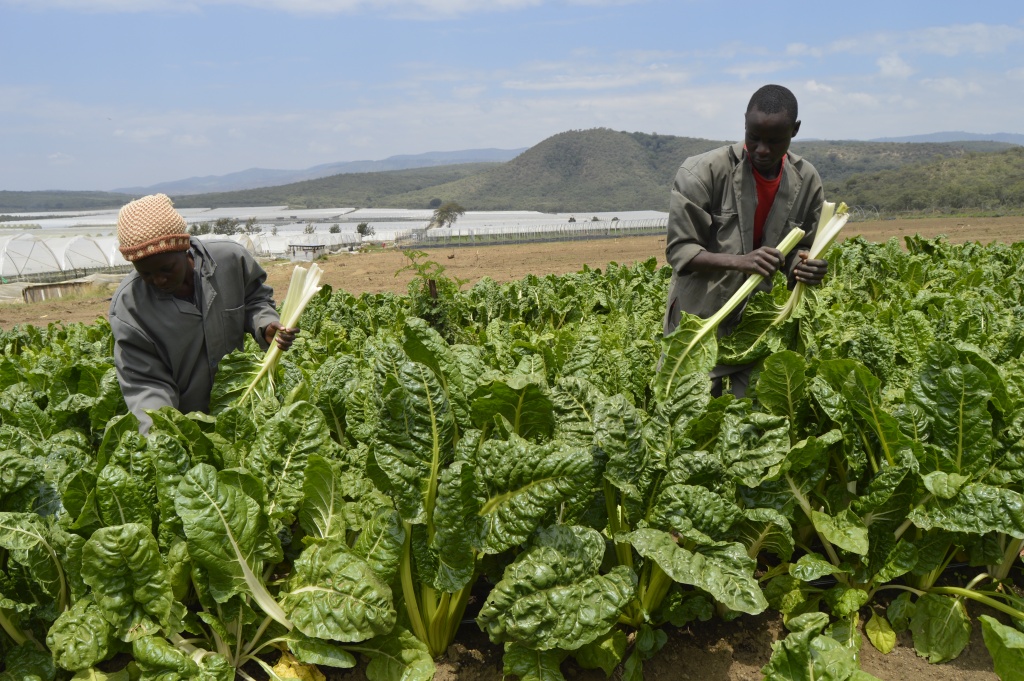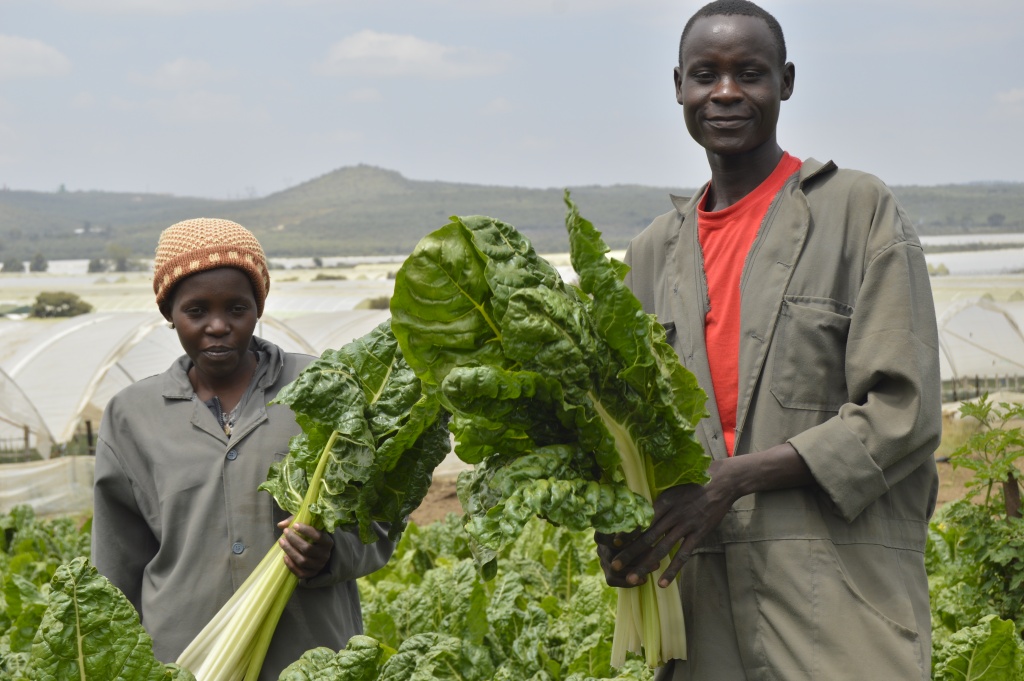
Some typical signs associated with a cow in heat include increased nervousness, restlessness, mounting, head mounting, chin resting, standing to be mounted and a swollen vulva and the rest.
Dao Chem Company sells Vitamark Joto livestock salt which could be a solution for dairy farmers who are often forced to wait for long to observe heat signs in their cows after calving. This condition which can be described as anestrus phenomenon (failure of cows to show heat signs) is the lack or absence of the expression of estrus (showing of heat signs).
Dr. David Michuki of Dao Chem says that this condition can be avoided by giving a dairy cow Vitamark Joto salt as one of the feeds supplement to help boost the hormones which eventually turns the cow on.
“Farmers whose cows are slow to conceive due to lack of the vital hormones can try Vitamark Joto in a solution, mixed with feeds or just given to the cow to lick in between meals,” said Michuki.
READ ALSO: Smart tool tells farmers cows are ripe for artificial insemination
The livestock salt has got chemical minerals like iodine, zinc, copper sodium and phosphorous that are key in developing estrus hormones.
In dairy cattle, anestrus is known to be associated with various factors. These factors affect the demonstration of estrus and knowledge of them is highly informative to dairy farmers and herein are possible solutions to these problems upon diagnosis according to Dr. Michuki.
READ ALSO: breeders import super cow for milk and beef
These factors include poor nutrition which is lack of well-balanced feed program, occurrence of some diseases such as ovarian cysts and leptospirosis, keeping cows for long periods within the housing environment as opposed to being left to graze periodically in open fields or kept on slippery floor surfaces as opposed to grooved or non-cemented surface which are good for mounting.
Heat stress is also a contributing factor. Some cows exhibit estrus behaviour better in cooler temperatures and then overcrowding which may result to poor estrus detection. However, small animal herds also affect the exhibition of estrus behaviour due to the reduced interactions between the animals.
According to Michuki, Vitamark Joto can also deal with postpartum anestrus which is a natural occurrence in cows.
READ ALSO: Salt supplements prevent diseases in cows after parturition
Nonetheless some typical signs associated with a cow in heat include increased nervousness, restlessness, mounting, head mounting, chin resting, standing to be mounted and a swollen vulva and the rest.
Dao Chem Company also deals in salts like Vitamark High Phosphorous for milk boosting, Vitamark Ndama for strengthening calves’ bones and teeth and Vitamark Dry Cow for replenishing deficient important minerals in the cow.


















